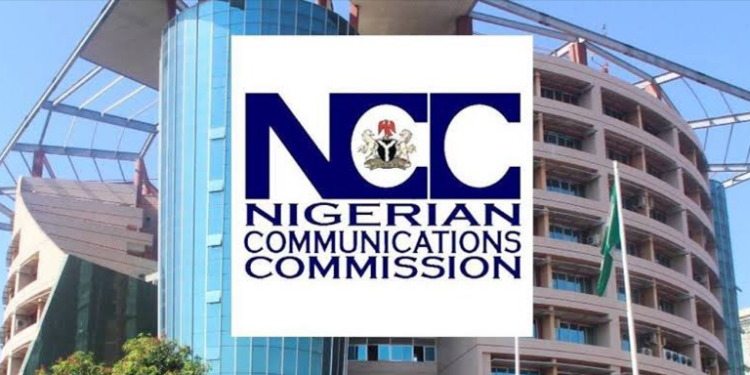International Telecommunications Union scores Nigeria 71% in digital transformation readiness

The International Telecommunications Union (ITU) has awarded Nigeria a 71% score for its comparative legal, policy, and governance frameworks towards achieving G5, an advanced state of readiness for digital transformation. This evaluation was detailed in a report created in collaboration with the United Kingdom’s Foreign, Commonwealth & Development Office (FCDO), and unveiled by Nigeria’s Minister of Communications, Innovation and Digital Economy, Dr. Bosun Tijani, in Abuja on Monday.
5G Readiness and Digital Transformation
In the report titled “Collaborative Regulation: Accelerating Nigeria’s Digital Transformation,” Nigeria is ranked among Africa’s top seven in the 5G Readiness Index, reflecting the country’s preparedness to deploy and adopt mass-market 5G networks. Presented by ITU’s Kagwira Nkonge, the report serves as a case study for collaborative regulation review to support Nigeria’s transition towards digital governance, evidence-based policymaking, and agile regulation in the digital economy.
State of Readiness
The ITU benchmarks the Advanced State of Readiness against four critical levels of accomplishment: national collaborative governance, policy design principles, digital development toolbox, and digital economic policy agenda. Nigeria’s scores in various benchmarks include:
- 91% in regulatory capacity
- 82% in Market Rules
- 81% in Collaborative Governance
- 76% in Legal Instruments for ICT/Telecom markets
- 69% in National Digital Agenda Policy
Government Commitment and Remarks
Dr. Tijani praised the ITU and its partners for their contributions to the report and reiterated the Federal Government’s commitment to using the report as a guide for achieving regulatory objectives and policies aimed at fostering a robust digital economy.
“That is what we will continue to do as a government, ensuring that we can put ourselves in a place to have cutting-edge modern regulations in place to ensure that business is done properly in our sector and to ensure that, where possible, increase the local content of the sector as well,” said Dr. Tijani.
He also highlighted how the Nigerian Communications Commission (NCC) has evolved over the years, adapting to its changing role and mandate from merely regulating the telecommunications sector to now underpinning the broader economy.
NCC’s Role and Collaborative Regulation
The Executive Vice Chairman of the NCC, Dr. Aminu Maida, who hosted the presentation, welcomed the indicators promoting effective regulation, attracting greater investment, and fostering innovative models for broader digital inclusion. He emphasized that collaborative regulation would support Nigeria’s transition towards effective digital governance, evidence-based policymaking, and agile regulation in the digital economy.
Stakeholder Engagement
The report was presented to a cross-section of key industry stakeholders, including service providers, government agencies, representatives of multilateral institutions, the West Africa Telecommunications Regulators Assembly (WATRA), and the Africa Telecommunications Union (ATU). It is designed to complement existing cross-country benchmarks by assessing the policy and regulatory environment according to the pillars of the Generations of Regulation frameworks, which track telecom regulatory maturity towards digital transformation readiness. Nigeria currently stands at G4, with aspirations to achieve G5 Advanced State of Readiness.
What You Should Know
The report underscores Nigeria’s progress and ongoing efforts in the digital transformation space, providing a roadmap for further development in achieving a cutting-edge regulatory environment that promotes digital inclusion and economic growth.
